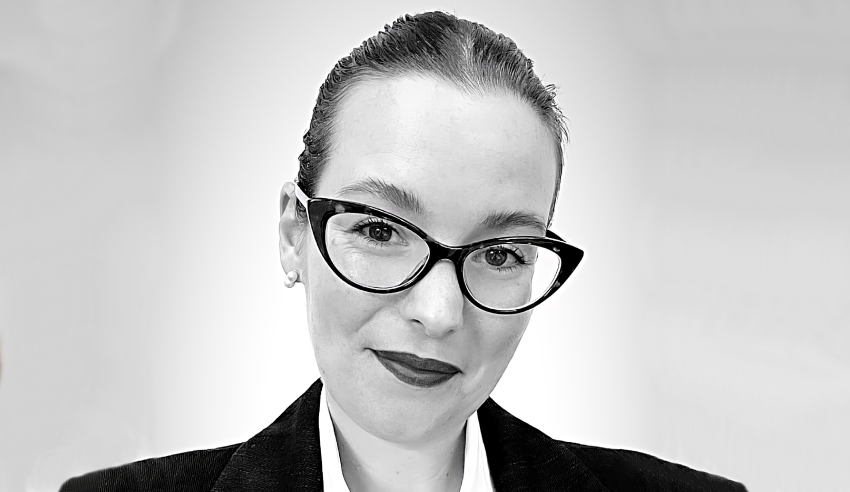While a recent High Court decision has the opportunity to drive much-needed cultural change in the legal industry, it is simply just that. An opportunity. And one that sadly most won’t heed, write Benita Miciulis and Marguerite Picard for Support for Lawyers.

After six years, and three separate judgments, Zagi Kozarov’s protracted litigation with her former employer is finally over.
It would be dangerous, however, to set a precedent that only matters of “gross depravity” such as those experienced by Ms Kozarov give rise to risk of psychiatric injury, or constitute a reason for employees to seek help. To do so would overlook the pressures, client demands and significant emotional intensity faced regularly, if not daily, by lawyers.
Tick-tock
Let’s start with the workload. Challenging, stimulating and engaging work are attractive components of legal work. Part of the problem is that there is just too damn much of it. Lawyers are known to charge in six-minute intervals. While employers expect six or seven hours of billable time per day, the reality is that lawyers can, and do, bill well in excess of these targets. It’s standard practice for lawyers to complete a daily timesheet, tallying up “units” of the work undertaken that day in those six-minute intervals.
Timesheets provide the evidence of workloads that are gruelling, and simply unmanageable. Billing 100 units per day (meaning 10 hours of work that can be charged to a client) is seen as some kind of perverted badge of honour. So, too, is working on weekends, public holidays and while on leave. It’s like – I’m exhausted, I’m burnt out, I’m deeply unhappy, but let’s all glorify that all-nighter I pulled. The fear of speaking up, particularly for younger lawyers, paves the way for an attitude of “I can handle it”. Or even worse, “I should be able to handle it”.
Red flags
The trial judge in Kozarov identified 13 “evident signs” that put the OPP on notice as to the “heightened risk” of Ms Kozarov’s mental health in connection with her work. This included Ms Kozarov signing a joint memo with other employees complaining about psychologically-based impacts caused by the work, being outspoken at staff meetings, carrying an excessive file load, emotional involvement in some of her cases, an episode of dizziness during a trial, and a “highly emotive and agitated reaction” to a disagreement with a supervisor.
Lawyers for the OPP described these as “innocuous” and of “an ordinary industrial nature”. So, being in tears at work is just part of the job and lawyers should just be used to it, and if they’re not, get used to it? This kind of attitude desperately needs an overhaul if any meaningful change to the wellbeing of lawyers is going to transpire.
A generalisation I’m prepared to make is this. Lawyers encompass a group of perfectionist A-type personalities who are typically high-achieving and ambitious. Admitting that you’re not coping and risking career advancement? Absolutely not an option. For some, it’s a driver just to work more. For others, it drives them out of the profession altogether. The latter doesn’t really matter to firms because no one is ever indispensable, and new cohorts of not-yet-jaded lawyers line up in droves to take their place.
Just lip service?
It wasn’t contested that the OPP owed Ms Kozarov a duty of care. They had a vicarious trauma policy in place. But its existence did little to protect Ms Kozarov because the relevant players didn’t know enough about it.
While the decision in Kozarov may have employers scurrying to introduce or update their own vicarious trauma policies or burnout prevention strategies, we know that they’re without any grit unless they’re widely understood and implemented.
Singing from the same songbook
Employers absolutely need to be appropriately trauma-informed and adept of the red flags (if not the amber flags) to look for amongst employees. That’s on top of what should already be sufficient evidence in those daily timesheets.
But, it’s far too simplistic to place the burden of responsibility solely on the employer.
Of course, in the case of Ms Kozarov, the court identified 13 “evident signs” upon which the OPP should have acted. What about situations where the risk of psychiatric harm is not perceptible to an outsider? What about those insidious risk factors – the slow burns? Externally, employees can appear to be managing – despite the excessive file loads, the demanding clients, the urgency and the hours – while experiencing symptoms that might not be visible – fatigue, overwhelm, chronic insomnia, a reliance on substances, nervousness, disordered eating. Those kinds of symptoms, and the immense shame associated with them, simply spiral if not acted upon.
It is for employers to foster environments where the demands of the work are properly acknowledged. Environments where seeking professional help is not clouded by fear of judgement if ever found out. And one where excessive file loads are quashed, not celebrated.
Endless loops
Work/life balance is really just a dichotomous phrase, isn’t it? Our modern-day lives are entangled in our work, no matter how determined our pursuits are for the holy grail of work/life balance. And particularly so if you’re a lawyer. It’s unhelpful to categorise stressors into silos as only work-related, or only personal. Stressors are stressors. They need to be looked at holistically, and in the context of our daily pressures, experiences and environments.
Firms need to play a lot of catch-ups. Until then – whenever it is – employees need to recognise the early warning signs and know that seeking help is not a sign of weakness, failure, or not being “tough” enough for the industry. Help needs to be sought. And it’s crucial that the help acutely understands the challenging demands and dynamics of the legal industry.
Benita Miciulis (pictured) is a legal consultant at Support for Lawyers. Marguerite Picard is a lawyer, mediator and founder of Support for Lawyers.